British deal has Swiss cautiously optimistic about EU ties
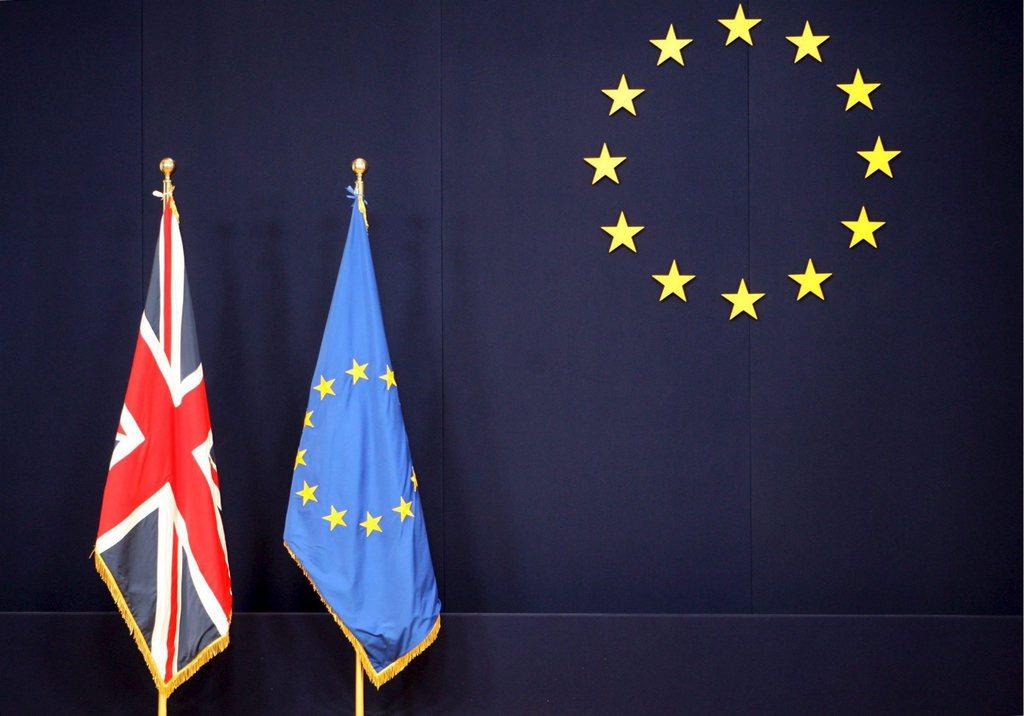
Foreign Minister Didier Burkhalter says a deal reached between the European Union and Britain is a good sign for Switzerland but warned against reading too much into it.
“It is partly good news, because it shows that the EU is ready to seek pragmatic solutions for the issue of the free movement of people and for an emergency brake [on immigration],” he told Swiss public radio SRF.
The deal between Britain and the EU presented on Tuesday includes a proposed clause that limits social benefits for immigrants if the country’s economic stability or critical national interests are at risk.
It also gives Britain certain concessions over the level of its involvement in the EU and a way to slow down legislation.
Not comparable
However, Burkhalter said that the cases of Britain and Switzerland in their relations with Brussels are not comparable.
While London is seeking to curb benefits for immigrants, non-EU member Switzerland wants to re-introduce quotas for those coming from the 28-nation bloc.
“It does not mean that a general solution agreed on [with Britain] is also a solution for Switzerland,” Burkhalter said on Tuesday.
The foreign minister confirmed that the government will try to convince Brussels by the end of the month that it is in the interest of both sides to strike a deal on capping immigration under a special safeguard clause.
The aim is to halt immigration from the EU if it exceeds a certain level.
Swiss voters in 2014 approved a rightwing proposal to curb the influx of immigrants from the EU, jeopardising ties with the country’s main trading partner.
Brussels, which endorses the free movement of people as a key policy principle, had said talks remained blocked until a solution was found with EU-member Britain.
‘Brexit’
For its part, the British government of Prime Minister David Cameron has been trying to win concessions from Brussels ahead of a planned vote on British membership in the EU that has been dubbed “Brexit”.
On Tuesday, European Council President Donald Tusk announced the deal was a generous compromise, meeting Cameron’s concerns without violating the key founding principles of the EU.
Experts say a vote could be held in June.
Cameron apparently plans to seek more concessions and then approval by other EU members at a summit on February 18.
Britain hopes to win further control over its affairs, particularly in areas including justice and immigration.

In compliance with the JTI standards
More: SWI swissinfo.ch certified by the Journalism Trust Initiative

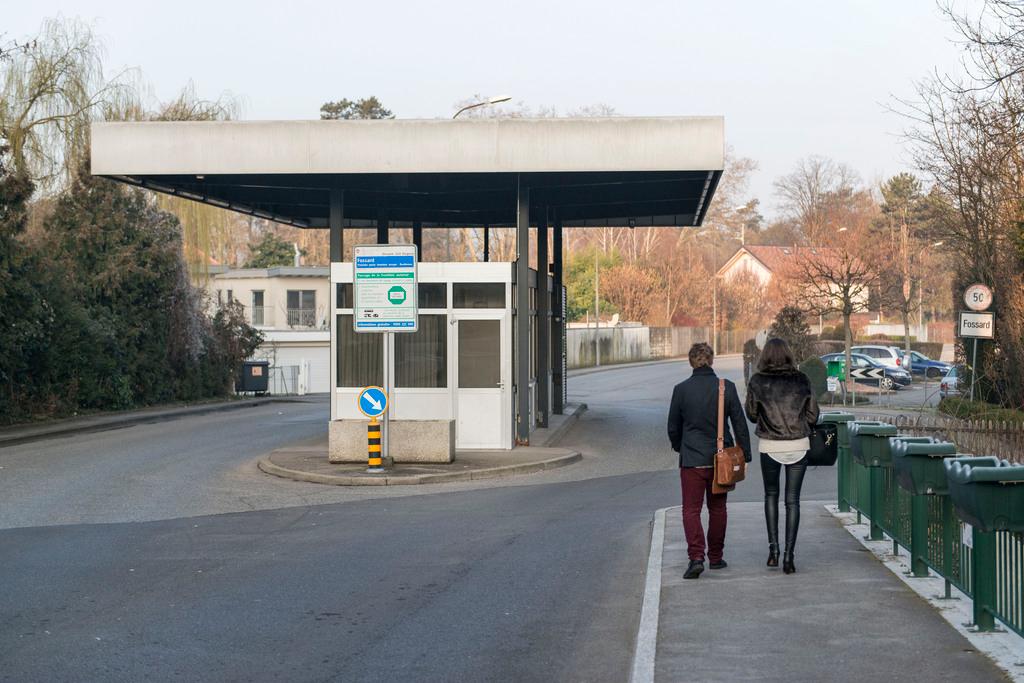
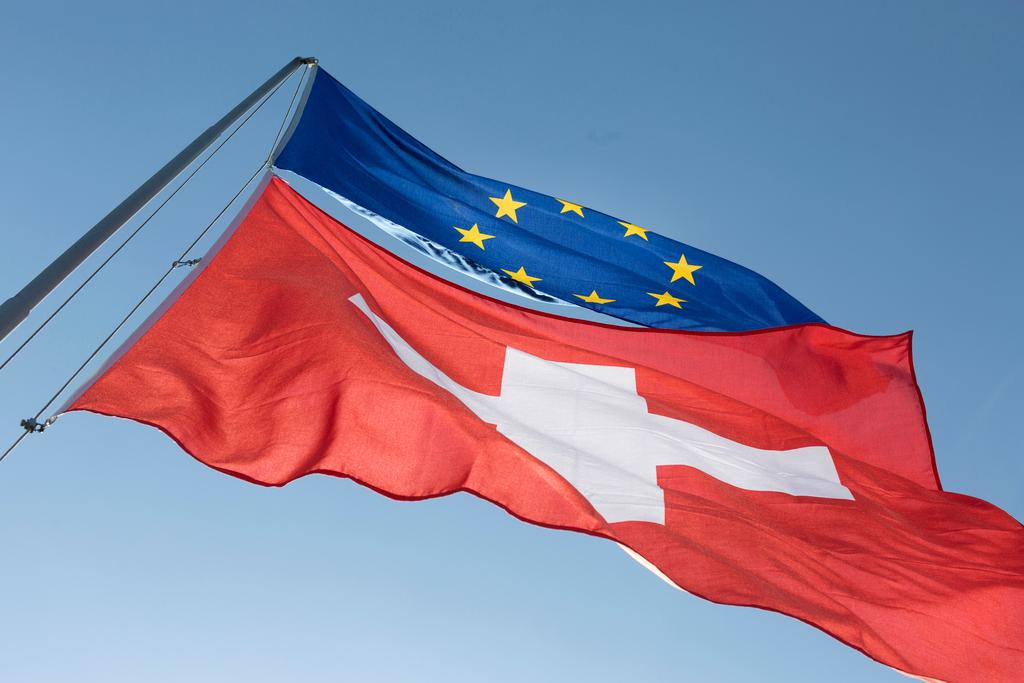
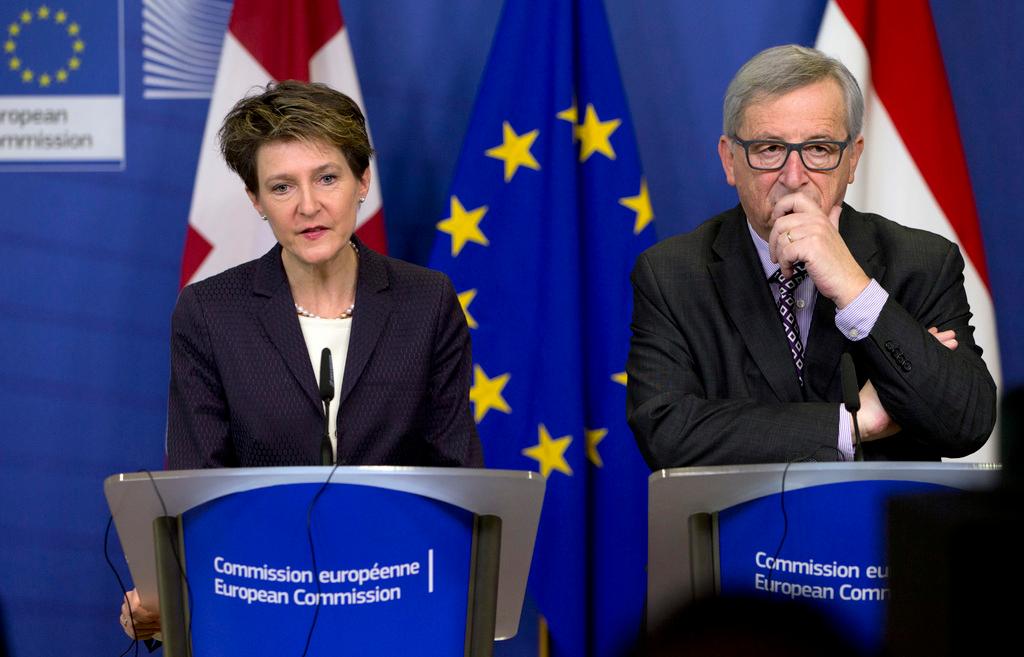
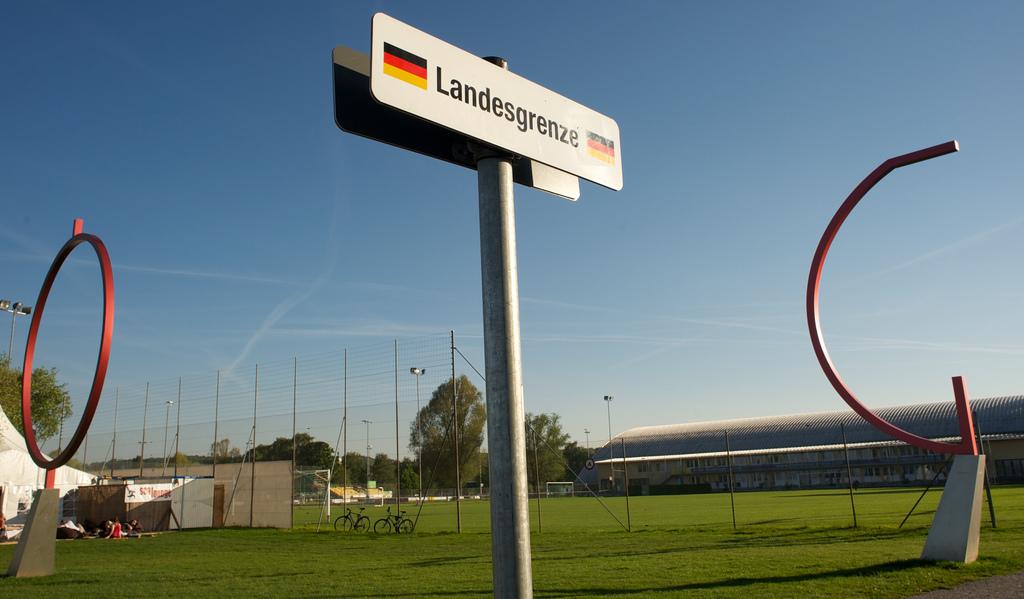
You can find an overview of ongoing debates with our journalists here. Please join us!
If you want to start a conversation about a topic raised in this article or want to report factual errors, email us at english@swissinfo.ch.